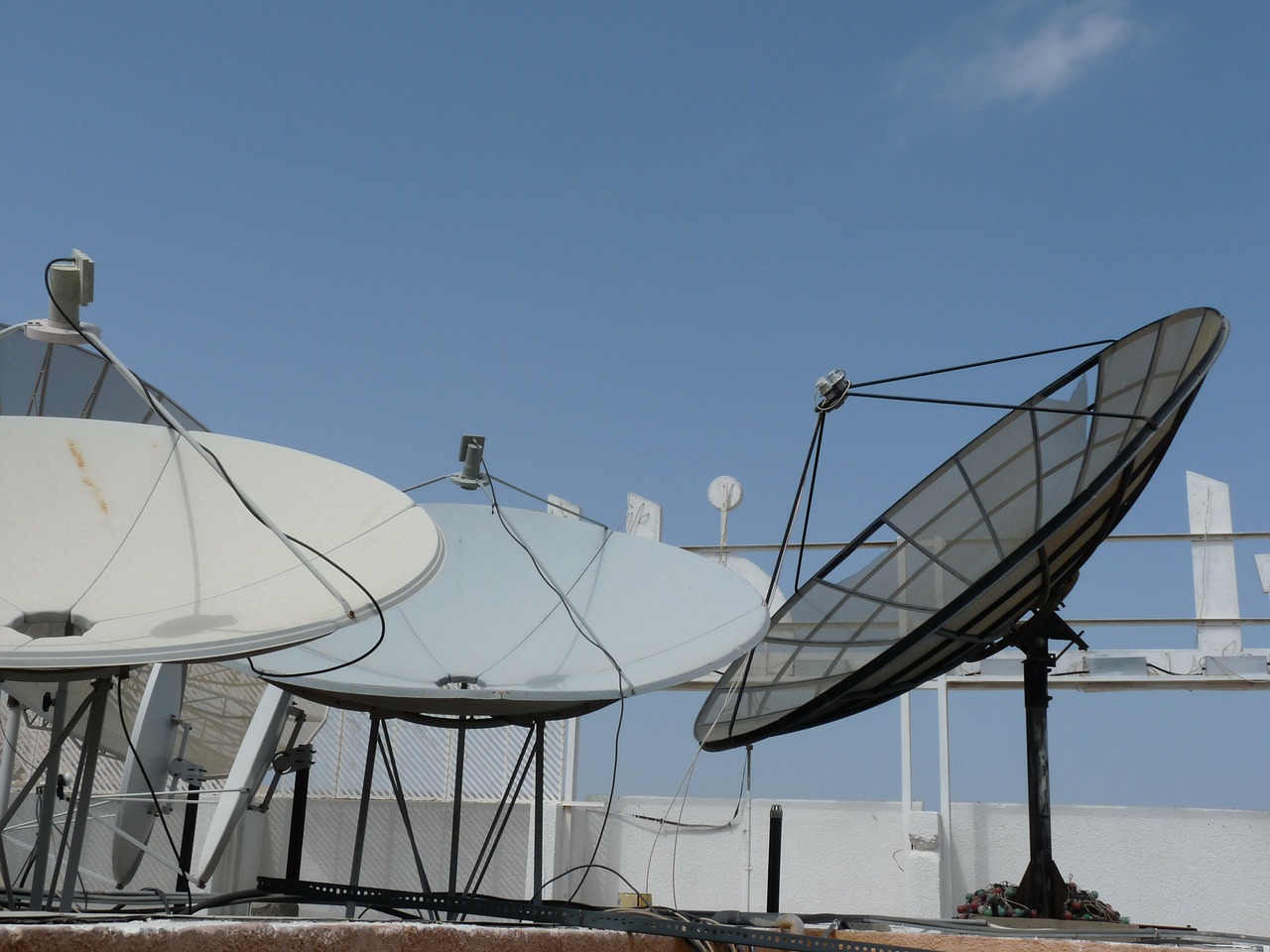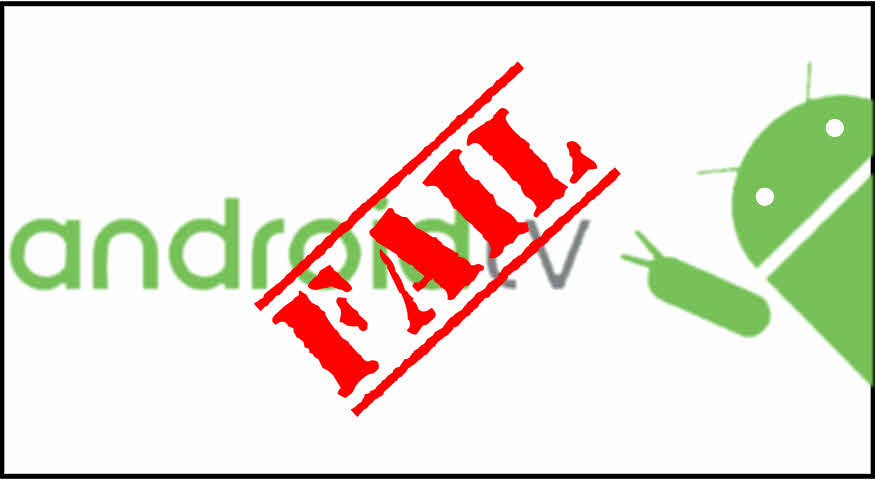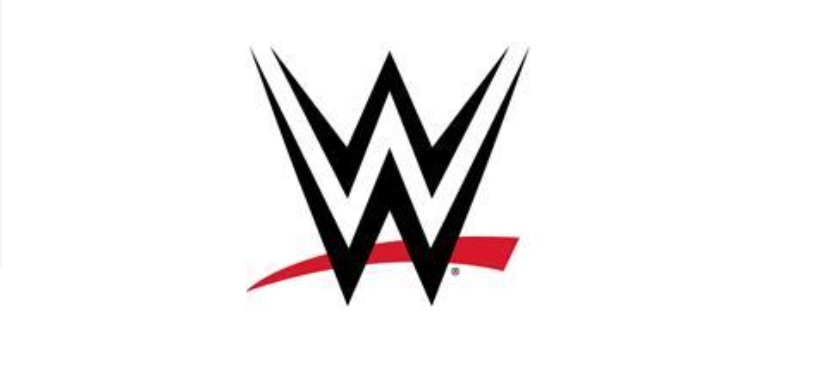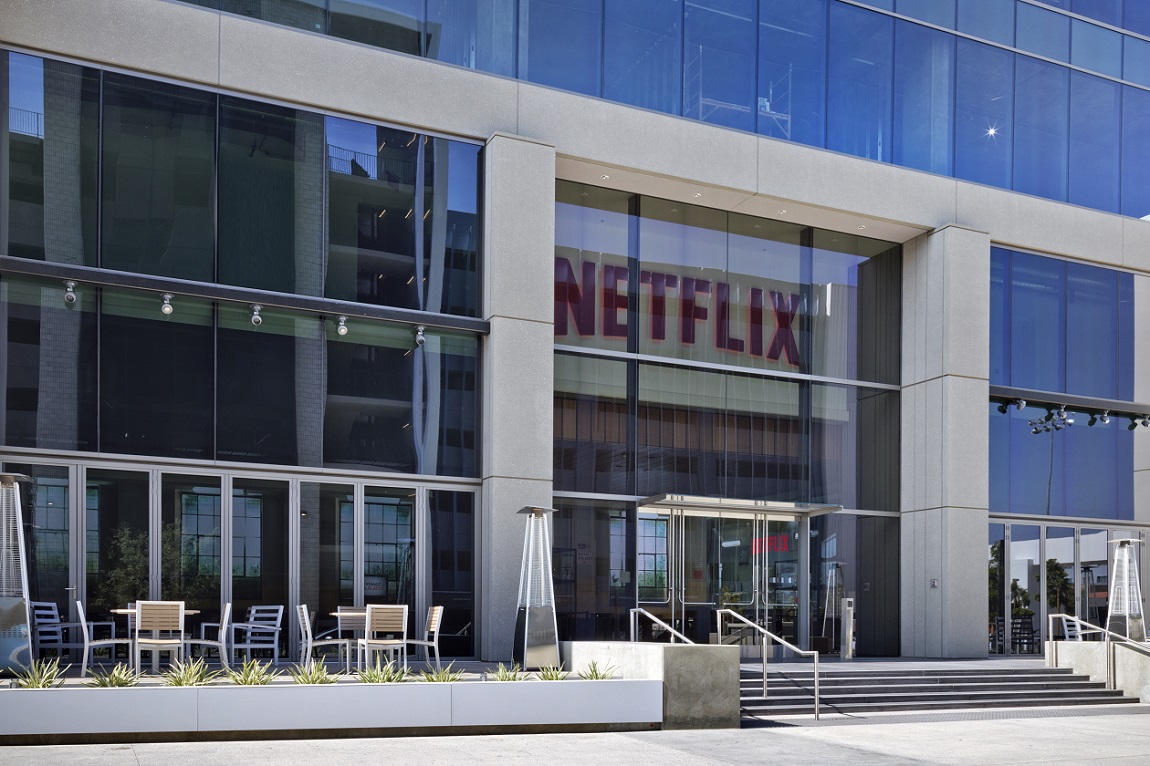The beginning of the end of Locast is evident due to a court decision against the organization on behalf of ABC, NBC, CBS and FOX. As reported by Deadline, a judge has ruled that Locast’s model of asking for donations as opposed to openly advertising a subscription fee to access uninterrupted streaming of broadcast channels does not allow it to skirt copyright laws intended for organizations that boost broadcast signals. The Networks have contended that
“Plaintiffs’ motion for partial summary judgment is granted. Defendants’ motion for summary judgment is denied,” wrote Judge Louis Stanton of the Southern District of New York in a ruling Tuesday.
Locast says that the $5.00 a month minimum donation is only used to maintain the service and that it is, therefore, a nonprofit entity. But in the ruling, judge Stanton said that Locast “made far more money from user charges than was necessary to defray its costs of maintaining and operating its service.”
While the news does not immediately shut down Locast the ruling sets up the argument that the service as it is should not be allowed to continue its funding model. Like it or not to pretend that asking people for money every month is not a charge has always appeared to an invitation to pretend something is not happening. While not paying the fee does not prevent a user from seeing the stations it does cause them to refresh their apps or even their partner streaming services. There are probably many who just do so to avoid providing a “monthly donation”.
Outside the legal matter, the real issue at the heart of the issue with Locast though is not an argument of whether the company is being disingenuous about its fees. It is that there are people across the country who would like to receive access to over-the-air TV channels without paying into a large bundle of cable channels. For those unable to access over-the-air television via an antenna, Locast is a lifeline. And based on comments we have observed on social media many don’t mind paying the fees/donation in order to watch programming that ranges from major sports like NFL and college football along with the Superbowl to nightly programming like sitcoms, news, syndicated hits like Wheel of Fortune and more. There is currently a lack of a way for many to receive TV channels that they would otherwise have if they simply lived closer to a tower or even in a building that would allow them to install an antenna at all.
The judge, in this case, decided that Locast does not meet the definition of a nonprofit. And as this issue works its way through the courts it may well be decided that is the case. But I feel that broadcastors owe the public access to their networks in some way other than a cable or expensive streaming service. There are obvious financial reasons to make the signals available. By not providing a way to access TV signals in normal circumstances the channel owners miss out on audience numbers that could increase the advertising fees they can charge. And like it or not these networks and local channels exist to make money whether they call themselves Your Storm Team and have consumer protection segments or not. The hope is that as ATSC 3.0 becomes the national standard for broadcasters that the signal strength will allow those who would otherwise not be able to view channels to do so. If that turns out to be the case this issue will be taken care of as a matter of progress. If it is not, there will be more attempts to do exactly what Locast has been trying to do.






